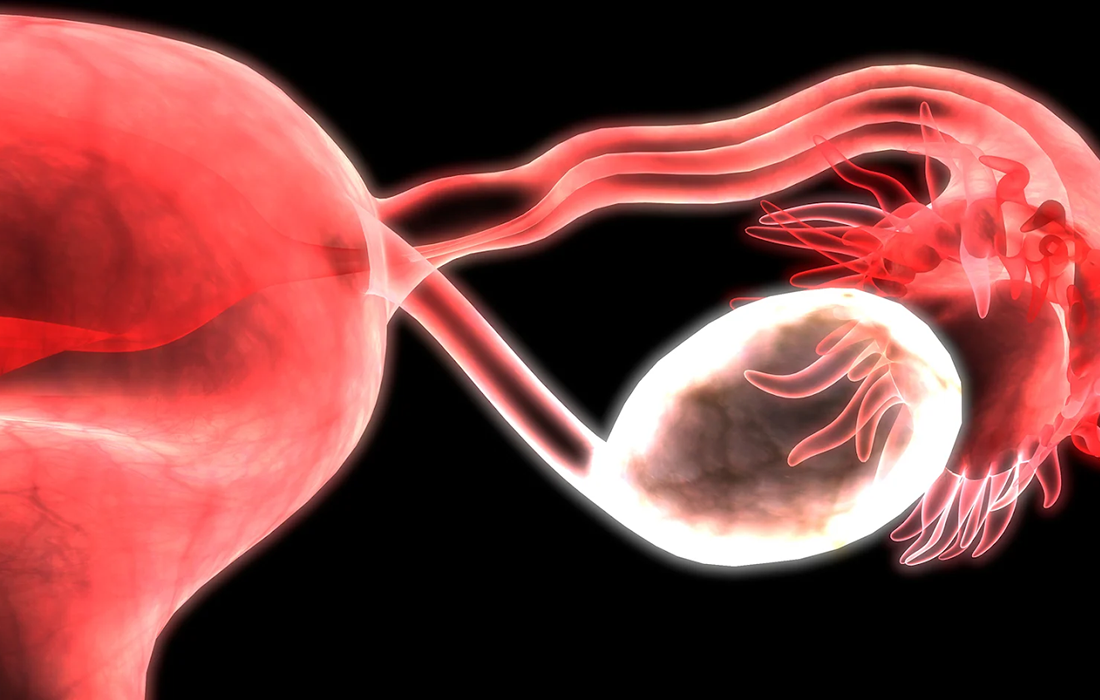Stem Cell Therapy for Specific Conditions
Stem Cell Therapy for Premature Ovarian Insufficiency

What is Premature Ovarian Insufficiency?
Premature ovarian insufficiency (POI) is a type of ovarian dysfunction characterized by menstrual disorder, ovarian atrophy, decreased sexual life, and decreased fertility in women between puberty and 40 years of age.
Is a condition that can seriously affect female reproductive health and endocrine balance, and is one of the main causes of female infertility.
Approximately 1% of women under the age of 40 suffer from premature ovarian failure, with some estimates ranging up to 10% of women in recent years.
Although assisted reproductive technologies have become an effective treatment, they are not ideal, and fertility loss and low estrogen levels have become a great threat to female reproductive health.
It is characterized by increased gonadotropin levels and decreased estrogen levels, and is accompanied by primary or secondary amenorrhea.
Traditional Treatments
Current medical treatments for premature ovarian insufficiency include hormone replacement therapy (HRT), psychological support therapy, androgen-dependent therapy, dehydroepiandrosterone therapy, and puberty induction. However, HRT can only improve symptoms but does not increase ovarian reproductive function.
Because of the failure of current traditional treatments, different options have been evaluated, one of them is the use of mesenchymal stem cells (MSCs). They originate from mesoderm and are distributed in almost all connective tissue and organ stroma of the entire body. They have the potential for multidirectional differentiation of stem cells and also have a strong migration ability to damaged tissues.
Several studies have shown that MSCs can directly differentiate into oocyte-like cells, and transplantation of MSCs is conducive to restoring ovarian function and reproductive capacity
Stem Cell Therapy: Clinical Trials
In a study by Hang-Soo Park and colleagues, the team evaluated the use of MSCs treatment in a mouse model of chemotherapy-induced POI. For the study, the team used human bone marrow MSCs (hBM-MSCs) via intraovarian administration. They saw that the fertility of the mouse was restored, and no side effects were observed in during or after the procedure.
Another study by Igboeli and colleagues reported two cases of Caucasian women with premature ovarian failure who resumed ovarian estrogen production and menses 7 months following an intraovarian application of autologous bone marrow-derived MSCs.
The injections were performed intraoperatively into the ovaries via laparoscopy. The team found an increase in the volume of about 50% in the treated ovaries in comparison with the contralateral control ovaries that persisted to the end of the study (1 year).
The team also observed an increase in the serum levels of estrogen of 150% compared with preoperative levels. Both patients had an episode of menses and reported a marked improvement in their menopausal symptoms for the whole year of study. No reported side effects were reported during the study.
Conclusions
As we can see animal studies have shown good results and hold promise for the treatment of premature ovarian insufficiency. Showing recovery of ovarian function and fertility. MSCs have attractive clinical transformation and application prospects in the restoration of reproductive function in these patients, even in older women with POI.
Although more studies are needed in order to understand the extent of benefit that MSCs could have in the treatment of POI, current studies and information available seem promissing.
Sources:
Jing Wang, et al. Research Progress on the Treatment of Premature Ovarian Failure Using Mesenchymal Stem Cells: A Literature Review. Front. Cell Dev. Biol., 13 December 2021 | https://doi.org/10.3389/fcell.2021.749822
Hang-Soo Park, et al. Safety of Intraovarian Injection of Human Mesenchymal Stem Cells in a Premature Ovarian Insufficiency Mouse Model. Cell Transplant. 2021 Jan-Dec; 30: 0963689720988502. Published online 2021 Feb 17. doi: 10.1177/0963689720988502
Igboeli, P., El Andaloussi, A., Sheikh, U. et al. Intraovarian injection of autologous human mesenchymal stem cells increases estrogen production and reduces menopausal symptoms in women with premature ovarian failure: two case reports and a review of the literature. J Med Case Reports 14, 108 (2020). https://doi.org/10.1186/s13256-020-02426-5
Image from:
https://www.endocrine.org/patient-engagement/endocrine-library/primary-ovarian-insuffiency

